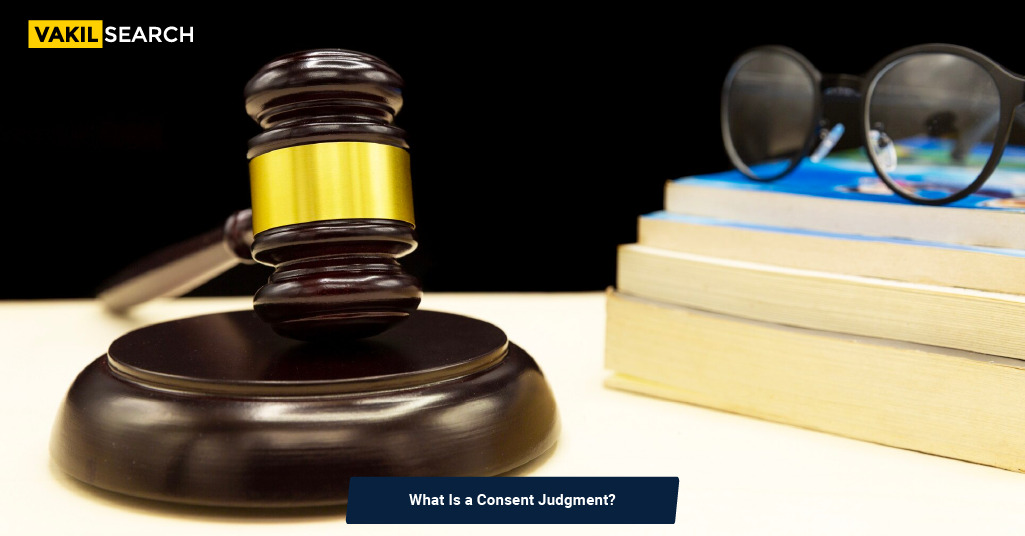A consent judgment is a judgment entered by a court with the consent of all parties to a lawsuit. It is a binding and enforceable agreement between the parties that resolves the dispute without the need for a trial. Consent judgments are often used in civil cases, but they can also be used in criminal cases.
What Is a Consent Judgment?
A consent judgment is a judgment made by a judge with the consent of all the parties involved in a lawsuit. It is a binding and enforceable agreement that resolves the dispute without the need for a trial. Consent judgments are often used in civil cases, such as personal injury lawsuits, employment disputes, and business disputes.
How Do Consent Judgments Work?
To reach a consent judgment, the parties must first agree on the terms of the settlement. This may involve negotiating over the amount of money to be paid, the types of injunctive relief to be granted, and other issues. Once the parties have reached an agreement, they will submit it to the court for approval.
The judge will review the settlement agreement to make sure that it is fair and reasonable. If the judge approves the agreement, they will enter a consent judgment. The consent judgment will be enforced by the court if either party fails to comply with its terms.
Benefits of Consent Judgments
Consent judgments offer a number of benefits for both parties involved in a lawsuit. Some of the key benefits of consent judgments include:
- Efficiency: Consent judgments can help to resolve disputes quickly and efficiently. This can save the parties time and money, and it can also help to free up court resources.
- Certainty: Consent judgments provide certainty for the parties involved in a dispute. Once a consent judgment is entered, the parties know exactly what their obligations are. This can help to reduce stress and anxiety for both parties.
- Enforceability: Consent judgments are enforceable by the court. This means that if either party fails to comply with the terms of the agreement, the other party can ask the court to enforce it.
Examples of Consent Judgments
Consent judgments can be used in a wide variety of cases. Here are a few examples:
- A personal injury lawsuit may be resolved by a consent judgment in which the defendant agrees to pay the plaintiff a certain amount of money in damages.
- An employment dispute may be resolved by a consent judgment in which the employer agrees to reinstate the employee and pay them back pay.
- A business dispute may be resolved by a consent judgment in which the parties agree to dissolve their partnership or to sell their business to a third party.
|
Interesting fact about the IIT JEE Mains Supreme Court judgement: The Supreme Court judgement in this case was a split decision, with Justices Sudhanshu Dhulia and K.V. Vishwanathan upholding the 75% eligibility criterion and Justice B.V. Nagarathna dissenting. In her dissenting opinion, Justice Nagarathna observed that the 75% eligibility criterion was arbitrary and discriminatory. She also noted that the criterion had a disproportionate impact on students from rural areas and underprivileged backgrounds. Justice Nagarathna’s dissenting opinion has been praised by many activists and educationists, who argue that it highlights the need for reform of the IIT admission process. Why this is interesting: The fact that the Supreme Court’s judgement in this case was a split decision is significant because it shows that there is no consensus on the issue of the IIT JEE Mains eligibility criterion. The dissenting opinion by Justice Nagarathna also highlights the potential negative consequences of the criterion. This case is still ongoing, as the students who filed the plea have appealed the Supreme Court’s judgement in the National Law School, Delhi. It will be interesting to see how this case unfolds and whether or not the Supreme Court will change its position on the IIT JEE Mains eligibility criterion. |
How to Get a Consent Judgment
If you are involved in a lawsuit and you are considering reaching a settlement with the other party, you may want to consider getting a consent judgment. To do this, you will need to negotiate a settlement agreement with the other party and then submit the agreement to the court for approval.
If you are not sure how to negotiate a settlement agreement or how to get a consent judgment, you should consult with an attorney. An attorney can help you to understand your rights and options, and they can help you to negotiate a fair and reasonable settlement.
Conclusion
Consent judgments can be a valuable tool for resolving disputes quickly, efficiently, and fairly. If you are involved in a lawsuit and you are considering reaching a settlement with the other party, you should talk to your attorney about the possibility of getting a consent judgment.
Also, Read:


